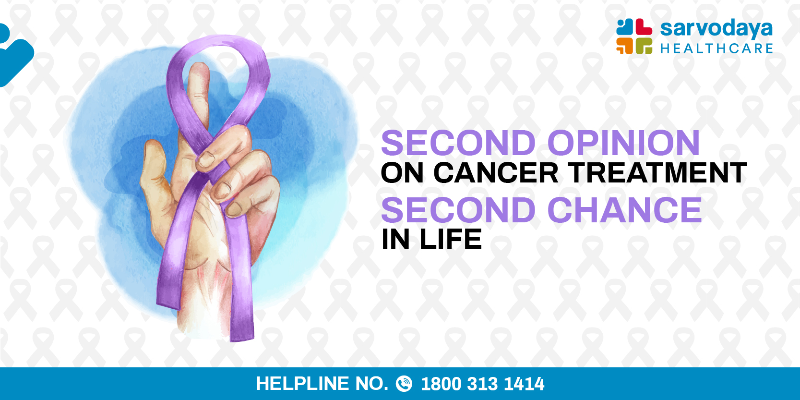One in three people have fainted at least once in their lifetime, but most of them remain unaware of the reasons behind it.
Syncope is a short-term loss of consciousness. It usually happens due to insufficient blood flow to the brain. It's also called fainting or ‘passing out’. It most often occurs when blood pressure is too low (hypotension) and the heart doesn't supply enough oxygenated blood to the brain. 70% of syncope occurs due to underlying heart issues, and the other 30% are due to physiological & psychological reasons.
What causes syncope?
Syncope or fainting is a symptom that can occur due to several causes ranging from harmless to life-threating conditions. Some harmless reasons for fainting include overheating, dehydration, profuse sweating, or extreme exertion.
The most common type of fainting, medically termed as ‘uncomplicated’ syncope, often occurs due to sitting or standing promptly from a lying down position. Also, standing up for a long time causes blood to accumulate in the legs and make it unavailable to the brain, which causes fainting. Extreme flow of emotions or pain can cause the heart rate to slow down and blood vessels open wide at the same time. Such conditions make blood pressure go down (hypotension) making the person faint. This is the same thing that happens when someone sees hypodermic needle or blood.
These causes are temporary and based on situations. However, when a heart abnormality becomes the reason behind fainting, things get more complicated. There are few serious heart conditions like bradycardia, tachycardia or blockage in blood flow that may trigger Syncope.
BRADYCARDIA – When heart rate is too slow than expected (fewer than 60 beats per minute), the condition is called Bradycardia. Causes include - Sinoatrial node issues (heart’s natural pacemaker), obstruction in cardiac electrical impulses, hypothyroidism (low thyroid hormone), past history of heart disease or heart attack, and side effects from certain heart medications.
TACHYCARDIA - When heart rate is too fast than expected (more than 100 beats per minute), the condition is called Tachycardia. Causes include – anxiety, fear, emotional distress, extreme exercise, fever, certain medicinal drugs, anemia, rise in thyroid activity, heart damage due to past history of heart attack or heart failure, severe bleeding, obstruction in blood flow to heart, cardiomyopathy, use of cocaine and sarcoidosis (an inflammatory disease).
Symptoms include:
- Blacking out
- Feeling lightheaded
- Feeling dizzy
- Fainting, especially after eating or exercising
- Feeling unsteady or weak when standing
- Changes in vision
- Headaches
On diagnosis, if a heart abnormality is found to be a cause for fainting, treatment options might include medications to control abnormal heart rhythms, a pacemaker to treat abnormally slow heartbeat or an implantable cardioverter-defibrillator in case of serious rhythm problem.
At Sarvodaya Hospital, we have a specialized Syncope Clinic, which delivers comprehensive care to patients and brings advanced technology, highly-qualified cardiologists & specially trained support staff under one roof. With the latest tests and high-end equipment, our team provides precise diagnosis and best treatment options.
Fainting may foretell a more serious problem and may require serious medical attention. One must not ignore the symptoms and consult a physician.










